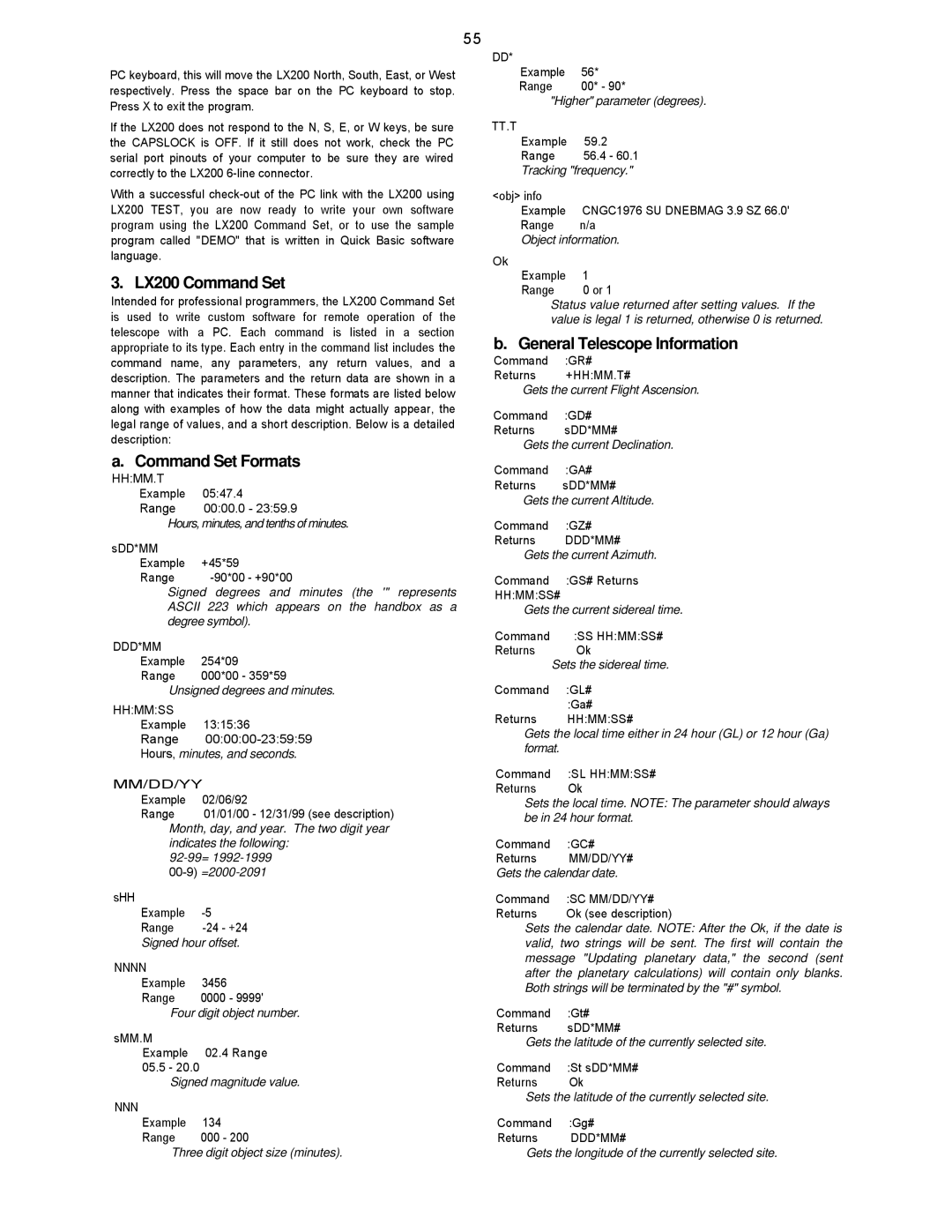LX20 specifications
The Leisure Time LX20 is an outstanding aquatic vehicle designed for leisure and recreational cruising. With its innovative design and advanced technology, it truly stands out in the world of personal watercraft. Built for performance and comfort, the LX20 is perfect for families, friends, or anyone looking to enjoy a day out on the water.One of the main features of the LX20 is its spacious deck layout. The boat boasts ample lounge seating, providing enough room for passengers to relax and socialize while enjoying the beauty of nature. The ergonomic design of the seating ensures comfort during long excursions, whether you're fishing, sunbathing, or simply cruising along the coastline.
Powering the LX20 is a state-of-the-art engine, which offers impressive fuel efficiency without compromising on performance. The boat accelerates smoothly and reaches top speeds with minimal effort, making it suitable for water sports such as wakeboarding and tubing. The advanced hull design not only enhances stability and maneuverability but also ensures a smooth ride across choppy waters.
Technology plays a significant role in the LX20's appeal. Equipped with a user-friendly helm, the boat features an advanced navigation system, providing real-time GPS tracking, sonar capabilities, and weather alerts. This ensures that the captain can navigate with confidence, no matter where the adventure leads. The LX20 also includes Bluetooth speakers, allowing passengers to enjoy their favorite music while soaking up the sun.
Safety is a top priority in the design of the LX20. The boat is outfitted with essential safety features such as life jackets, fire extinguishers, and emergency flotation devices. The non-slip surfaces throughout the vessel minimize the risk of accidents, particularly when the boat is moving at high speeds or navigating rough waters.
In summary, the Leisure Time LX20 is a remarkable boat that caters to both adventure-seekers and those looking for relaxation. Its blend of spacious design, powerful engine, innovative technology, and strong safety features makes it an ideal choice for anyone who loves spending time on the water. Whether you’re planning a fishing trip, a family outing, or a leisurely cruise, the LX20 promises to deliver an unforgettable experience.
